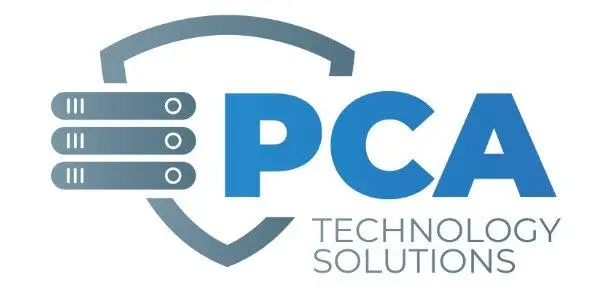Pick Up The Phone and Consider a VoIP Telephone System
VoIP stands for Voice over Internet Protocol, which is a cloud-based phone system.
VoIP services convert your voice into a digital signal that travels over the Internet. If you are calling a regular phone number, the signal is converted to a regular telephone signal before it reaches the destination. VoIP can allow you to make a call directly from a computer, a special VoIP phone, or a traditional phone connected to a special adapter.
Cost Benefit
VoIP phone systems are in high demand for a variety of reasons.
VoIP costs less than traditional telephone systems because they require the use of an internet connection instead of phone lines.
The VoIP provider is responsible for upgrading, monitoring, and maintaining the software.
It is estimated that companies save 49-69% of their monthly communication costs by switching to VoIP systems.
What are the limits?
Because the only limit is bandwidth, your business can travel all over the world. The portability, flexibility, and reliability VoIP offers makes it a smart choice for many businesses.
The voice quality of VoIP is much better now due to the advanced technology.
Are there still problems?
The most common VoIP problem is due to poor internet, which is most often due to overloaded bandwidth that can be fixed by upgrading the internet to at least 5-25 Mbps.
But is it secure?
VoIP is just as secure, if not more secure than traditional landlines.
8 features of VoIP that make it more secure than landlines:
-
- two-factor authentication (2FA)
- spam blocking
- fraud prevention
- end-to-end encryption
- automated data backups
- meeting waiting rooms
- call blocking
- live security notifications
Is it scalable?
Another advantage of VoIP phone systems is their scalability. Adding a new phone line simply requires purchasing the new phone number.
VoIP also has some impressive advanced features that streamline the workflow and create more customer satisfaction. An example is the ability to use AI (artificial intelligence) and real-time call center activities to optimize communication strategies.
What are the disadvantages?
It is important to analyze both the advantages and the disadvantages of VoIP while making the decision for your company.
A crucial component, and disadvantage, is the reliance on the internet connection. At least 5-25 Mbps is needed for VoIP calls, especially for video calls.
Additionally, the VoIP system does require a continuous power supply, which can disrupt a company during an emergency like a power outage.
Jitters and latency may occur, as well, as a result of network connection.
Should you make the switch to a VoIP system?
Call and speak to a Technology Coach at PCA Technology Solutions for help in determining if VoIP is right for your company.


